

 Dr Esther Ofei Aboagye, a local governance expert, has urged Ghana to adopt bold reforms to make decentralisation a catalyst for equitable, responsive, and sustainable national development.
Dr Esther Ofei Aboagye, a local governance expert, has urged Ghana to adopt bold reforms to make decentralisation a catalyst for equitable, responsive, and sustainable national development.
She noted that while the country has demonstrated intent, it has lacked consistency, courage, timely reforms, and strategic thinking free from political and partisan influence.
Delivering a keynote lecture on the theme “Decentralisation and Sustainable Local Development -How Thus Far” at the Second Annual Professor Kwamena Ahwoi Lectures, Dr Aboagye outlined six strategic pillars for holistic local development.
She first advocated enhancing the fiscal autonomy of Assemblies and tailoring the disbursement of the District Assembly Common Fund (DACF) to reflect the capacities of individual districts.
Her second recommendation was to strengthen financial management within Metropolitan, Municipal, and District Assemblies (MMDAs) by building capacity for local revenue mobilisation to ensure predictable and accountable funding.
Dr Aboagye, who is also an international consultant, said continuous technical development was essential, urging MMDAs to invest in institutional and human capacity.
“We must have Region Technical Support Hubs to decentralise governance and use inclusion initiatives so that we equip local authorities with the skills and resources to deliver effectively,” she added.
She identified the fifth pillar as deepening democratic accountability through the election of District Chief Executives and reforming district-level elections, alongside strengthening oversight mechanisms for monitoring, accountability, and feedback.
Her final pillar focused on aligning development with sustainability by integrating climate resilience, supporting local economic growth, promoting green infrastructure, and fostering collaborative governance involving traditional and faith leaders.
Prof Lord Mawuko Yevugah, Coordinator of the Master’s in International Relations and Diplomacy programme at GIMPA, said local assemblies could achieve Sustainable Development Goals (SDGs) in areas such as water, sanitation, women’s empowerment, and basic education if provided with adequate financial resources.
“This is why financial decentralisation is very important. Policy makers need to focus on fiscal decentralisation because sending governance to the doorsteps of the people demands that they receive the needed resources, else the concept becomes a problematic,” he said.
Speaking on the theme “Linkages of Ghana’s Decentralisation Programme and the United Nations Sustainable Development Goals,” Prof Yevugah stressed that statutory allocations to Assemblies must not be diverted, as has occurred in recent years.
“Ghana needs massive rural development because Ghana is not Accra, Kumasi and Takoradi and so the SDGs are a global call to action. As a country we have to actualise the aspirations and objectives set out by the SDGs so people in the rural areas can enjoy the same development those in the cities are enjoying,” he added.
Source: GNA
The post Ghana urged to adopt bold reforms for effective decentralisation appeared first on Ghana Business News.
Read Full Story

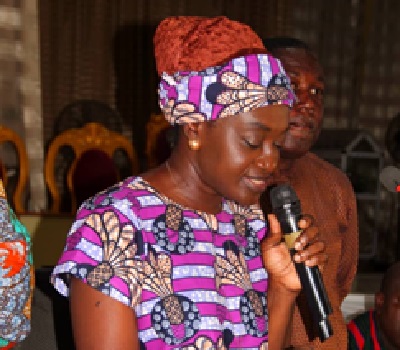

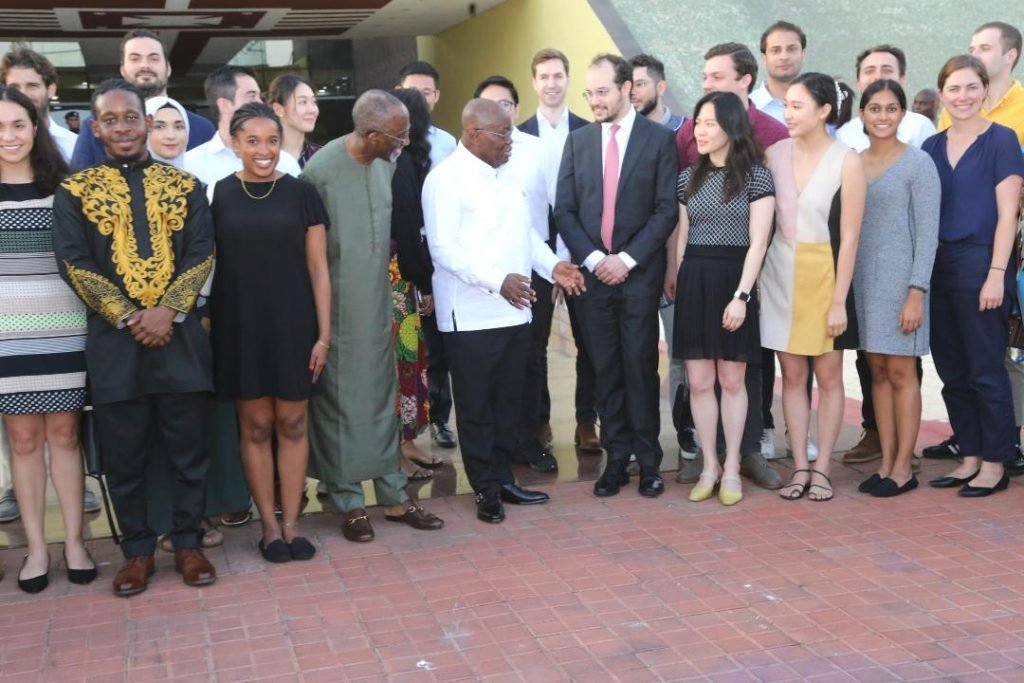
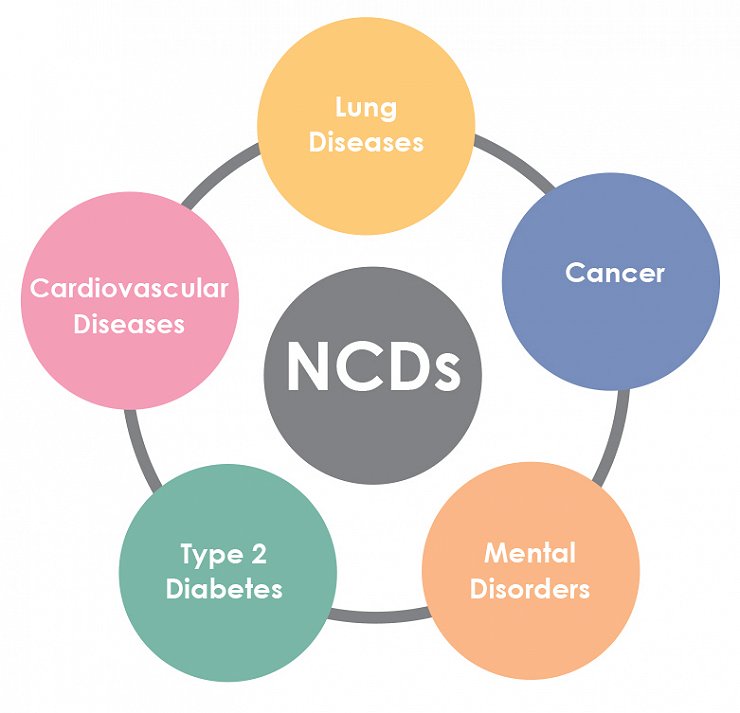


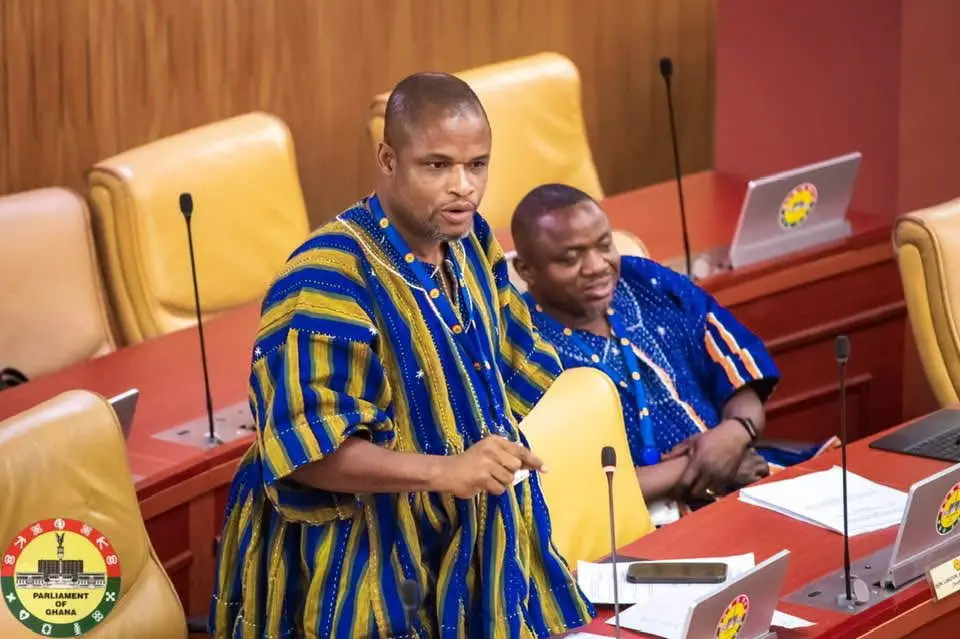




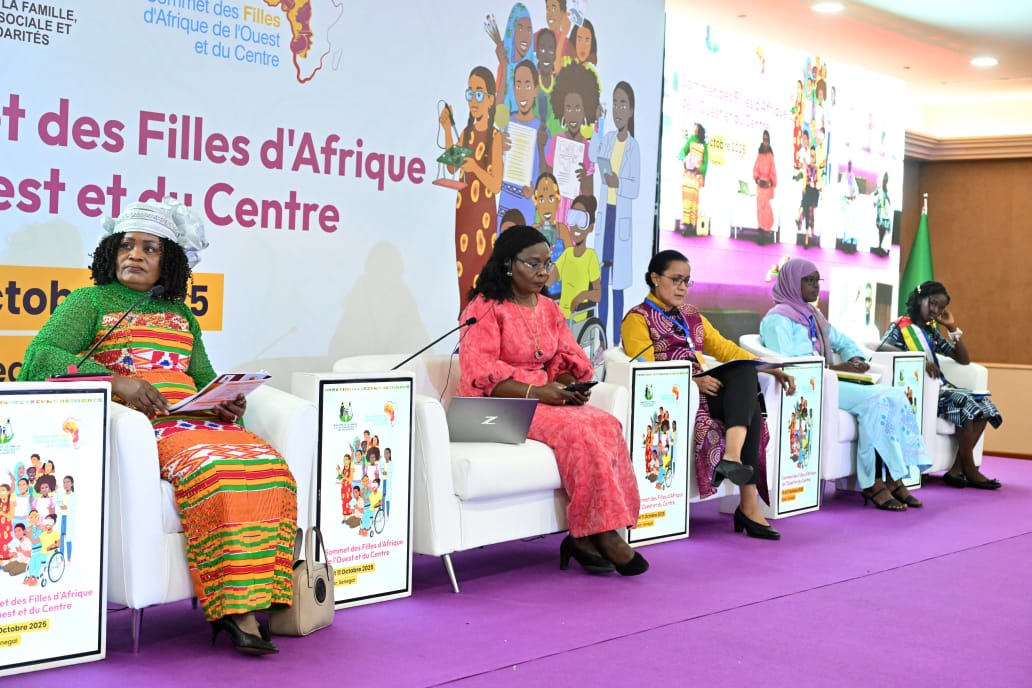












Facebook
Twitter
Pinterest
Instagram
Google+
YouTube
LinkedIn
RSS